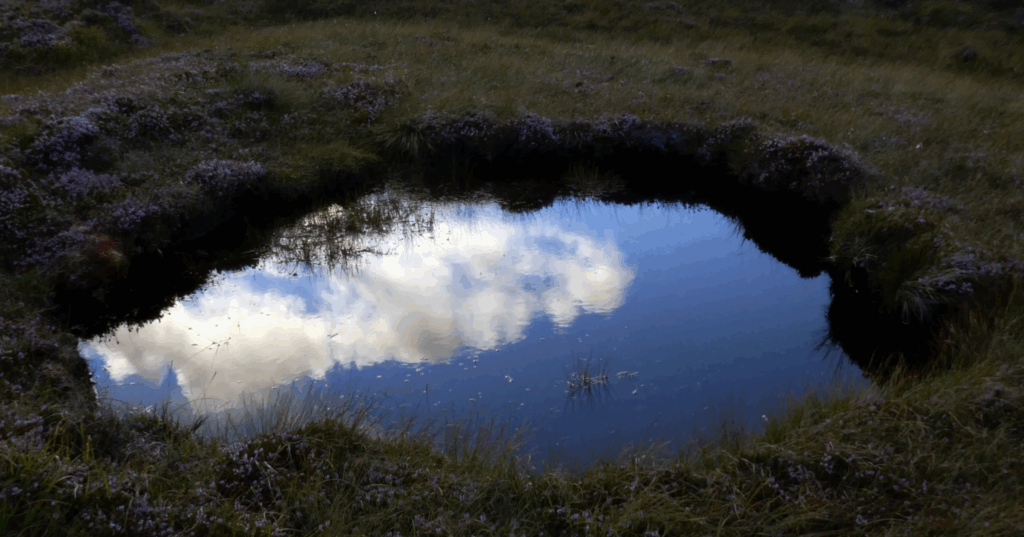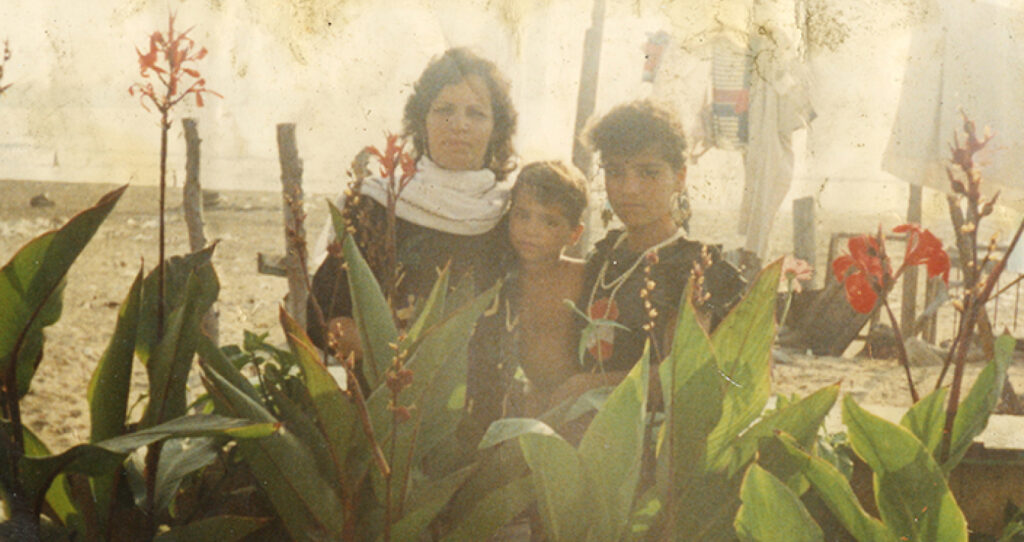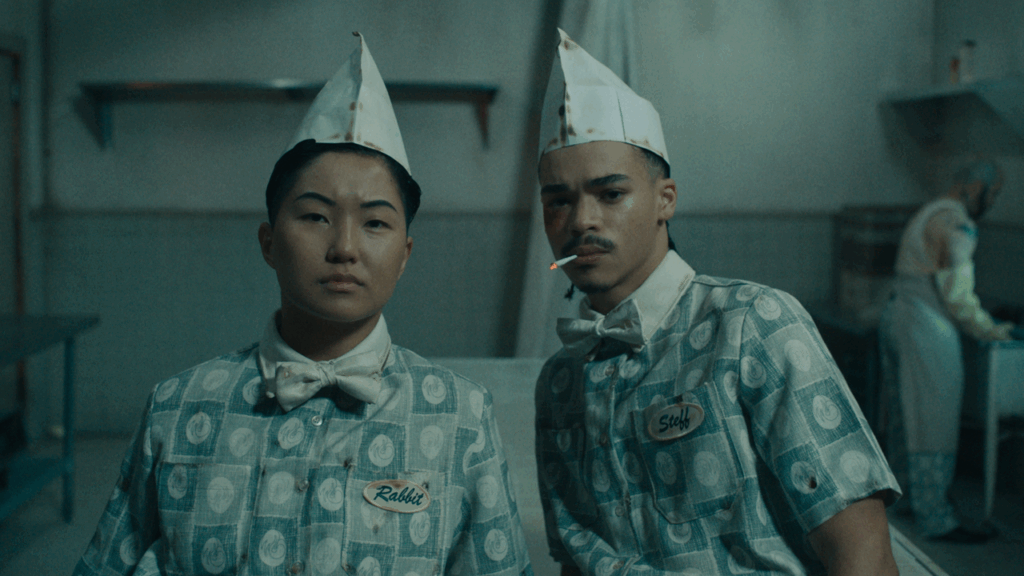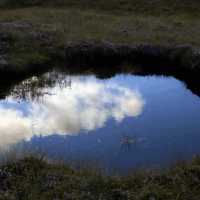For a Future to Believe In | Collective Resistance
2025 Toronto Queer Film Festival
According to the Toronto Queer Film Festival (TQFF), their 2025 theme “responds to global and local variants of fascism and neo-colonialism, and their hastening of climate and social disintegration.” The program notes that queer Palestinian-Jordanian artist Tara Hakim was invited to curate some of the programs, and through TQFF’s commitment to solidarity and recognition of Palestinian underrepresentation in mainstream media, some of the films are not queer in theme or created by queer directors. In this review, that includes Terrace of the Sea.
Review by Bishara Elmi

The Toronto Queer Film Festival fully lived up to its 2025 theme, “For a Future to Believe In | Collective Resistance.” This motif—and call to action—was visible in the films, panels, and workshops. It was also geographically reflected in one film, barrunto, and its use of military bases in the U.K. and U.S. that are responsible for the historic and present-day genocide, displacement, dispossession, and ethnic cleansing of Palestine.
In an introduction to barrunto, director Emilia Beatriz made a statement of solidarity with Palestinian Peoples, land, and culture. “The return of Palestinians to the north of Gaza is a reminder that people’s connection to their land is stronger than any imperial power,” said Beatriz. They added that the film is meant to be felt rather than understood, reminding me of other works across the festival and gesturing toward the emotional roles of observer and witness that audiences inhabit. The poetry in the film speaks to resistance through memory: “You and I, stranger who know by heart that forgetting is not an option.”
Scenes of the land and water play in barrunto, backgrounded by audio recordings of different soundscapes and voices, giving us the feeling that the land and water are characters speaking to us. A few locations in the film are close to military bases in Scotland and Puerto Rico where the empire tests its violence of imperialism before it enacts it.

There is a strong theme of wind in the film that characterizes dissent and change. There is gentle, rattling, deep-space wind, as well as the sound of yells and chants at protests serving as the winds and airs of (human) nature. Non-human beings and humans move through the lands and reach outer space as uranian winds mark the voices and sounds that join together, speaking to the observer and listener.
In Diana Allan’s Terrace of the Sea, the Mediterranean is both a location and a character who the family cooperates with for their livelihoods. As a Palestinian fisherman family living in a Bedouin camp on a stretch of beach north of Tyre (South Lebanon) since 1948 because of the Nakba, the Mediterranean oversteps boundaries, encroaching on the land and causing inconveniences by moving closer to their house and taking their garden from years prior. The film is filled with silences that speak of loss, longing, nostalgia, love, care, and togetherness.

Place as a concept weaves throughout the films in the festival, showcasing the ways place shapes us just as we shape it. Place motivates how we talk, what we think, what we believe, what we eat, and how we live. In Terrace of the Sea, both the place and pace is poetic. In Georden West’s Playland, the place and pace are fast at times, with disjointed dance numbers, and slow at other times, when characters sit or stand still like statues, cigarette smoke billowing around them. The site of the Playland Café, like the characters in the film, emerges like a memory coming out of the fog.
The feelings evoked of memory, resistance, togetherness, community, joy, care, archiving, winds, waters/seas, and lands are a throughline of the themes of the 2025 Toronto Queer Film Festival, expressing collective resistance and cooperation toward a better future we can imagine and believe in.
Bishara Elmi is a multidisciplinary artist and writer focusing on the stories and concepts within Black geographies and exile.

